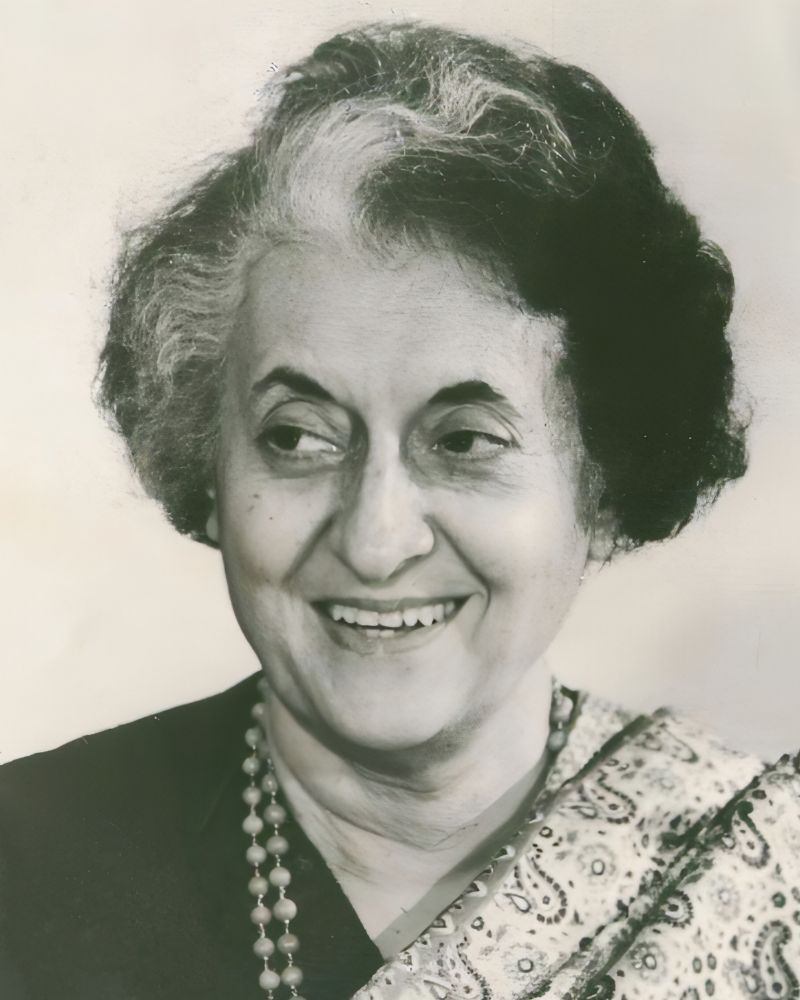Indira Gandhi: The Iron Lady Who Transformed India

Indira Gandhi, India’s first and only female Prime Minister, was one of the most powerful leaders in the country’s history. Her leadership, marked by bold decisions, economic reforms, and political resilience, shaped modern India. From nationalizing banks to leading India to victory in the 1971 war, her tenure remains one of the most significant in Indian politics.
Early Life & Political Beginnings
Born on November 19, 1917, Indira Priyadarshini Gandhi was the daughter of Jawaharlal Nehru, India’s first Prime Minister. Growing up in a politically charged environment, she was deeply influenced by the Indian freedom movement. She studied at Shantiniketan, Oxford, and later became involved in Congress Party activities.
Her political journey began when she served as an aide to her father. In 1959, she became the President of the Indian National Congress. After Nehru’s death in 1964, she was appointed Minister of Information and Broadcasting and later became Prime Minister in 1966 after the sudden demise of Lal Bahadur Shastri.
Challenges in Becoming Prime Minister
- Gender Bias in Politics: As a woman in a male-dominated political landscape, she faced skepticism about her leadership abilities.
- Congress Party Power Struggle: Initially considered a weak candidate, she had to assert her authority against senior Congress leaders.
- Economic & Social Issues: She inherited a struggling economy, food shortages, and rising poverty.
Despite these challenges, she quickly established herself as a strong and independent leader.
Key Policies & Leadership Decisions
Indira Gandhi’s tenure was marked by several historic reforms and bold decisions:
- Nationalization of Banks (1969): She nationalized 14 major banks to strengthen India’s economy and support rural development.
- Green Revolution: Introduced agricultural reforms that increased food production, making India self-sufficient in grains.
- 1971 India-Pakistan War & Bangladesh Liberation: Under her leadership, India played a crucial role in Bangladesh’s independence, earning her global recognition.
- Pokhran Nuclear Test (1974): India became a nuclear power under her rule, strengthening its defense capabilities.
- Abolition of Privy Purses: Ended financial privileges of former princely states, promoting economic equality.
Emergency & Controversies
In 1975, facing political unrest and a legal challenge to her election, Indira Gandhi declared a state of Emergency. Civil liberties were curtailed, and press censorship was imposed. While some policies led to economic improvements, the Emergency remains one of the most controversial periods in Indian history.
In 1977, she lost the general elections but made a strong comeback in 1980, proving her political resilience.
Assassination & Legacy
On October 31, 1984, Indira Gandhi was assassinated by her own bodyguards following Operation Blue Star, a military action against Sikh separatists in the Golden Temple.
Her legacy remains complex yet undeniable. She was a leader who reshaped India’s political and economic landscape, proving that strong leadership knows no gender. Despite controversies, Indira Gandhi remains an icon of determination, courage, and decisive governance.